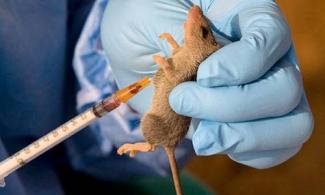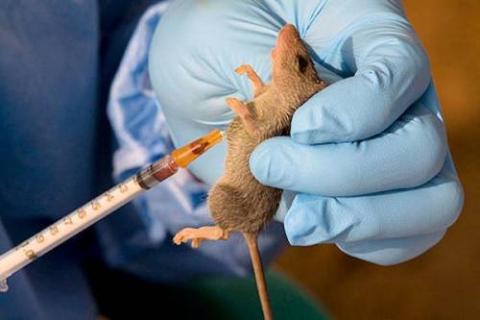
NCDC had activated the national multi-sectoral and multi-disciplinary Lassa fever Emergency Operations Centre in response to the outbreak.
Lassa fever has killed 26 Nigerians from January 1 to 23, 2022, with 115 confirmed cases, the Nigeria Centre for Disease Control has said.
The NCDC, in a statement on Wednesday, by its Director-General, Ifedayo Adetifa, said the cases were reported from 30 local government areas across 11 states.

“Furthermore, the reports in weeks 1 and 2 show the highest number of confirmed cases,” he said.
He said the NCDC had activated the national multi-sectoral and multi-disciplinary Lassa fever Emergency Operations Centre in response to the outbreak in some parts of the country.
“This became necessary given the increase in the number of confirmed Lassa fever cases across the country and a joint risk assessment with partners and sister agencies,” he said.
He advised Nigerians to practise good hygiene, eliminate rats from their homes and keep their environments clean; and healthcare workers, to practise standard precautions and maintain a high index of suspicion at all times.
SaharaReporters had In December 2021 reported that death toll rose to 92, with Bauchi and Ebonyi states leading the pack.
According to the data from the report for Week 50, which covered December 13 to 19, 2021, three more deaths were reported in the week under review.
While Bauchi reported two new fatalities, Ebonyi recorded a new death from the disease.
Lassa fever is known to be an acute viral illness and a viral haemorrhagic fever first reported in the Lassa community in Borno State when two missionary nurses died from an unusual febrile illness.
Since then, Nigeria has reportedly continued to report cases and outbreaks and the disease is increasingly recognised to be endemic in many parts of West Africa such as Benin Republic, Ghana, Mali and the Mano River region (Sierra Leone, Liberia and Guinea).